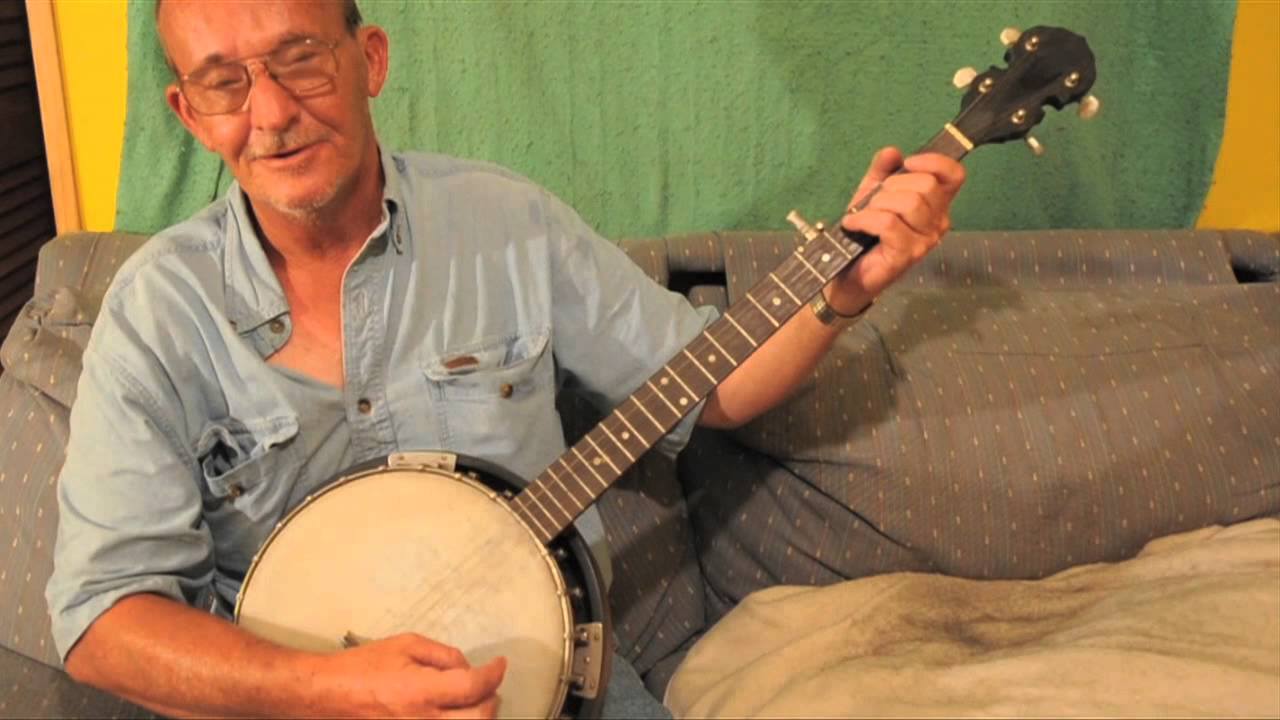Review by Reid Ramsey
I’ve never been ashamed of the way I talk. Despite being from the south, I’ve never been told that I have an accent. “Wow, you don’t even sound like you’re from the south!” a northerner might say to me as a little bit of pride swells in me as I distance myself further from southern culture. Especially in the past year as southern culture, rednecks, and hillbillies have become synonymous in many parts of the country with racist, backwards, and stupid. It’s a claim that dates back many years according to the new documentary hillbilly by Sally Rubin and Ashley York.
hillbilly examines our media representations of hillbillies and southerners while co-director Ashley York returns from L.A. to her original home in Eastern Kentucky.
Much of the tension from within hillbilly comes from Ashley, herself. Taking the definitively hands-on approach as she often sits in front of the camera, conducting interviews and facilitating conversations, Ashley is a self-proclaimed progressive feminist who is often seen wearing a dark black “The Future is Female” t-shirt. In the midst of uncovering the truths behind the southern stereotypes purported by the media (the movie notably shows clips from The Simpsons and other American staple TV shows), Donald Trump runs for office and is elected President of the United States. Many of the best documentaries happen by pure chance, and much of the documentary takes a right turn into Ashley discussing politics with her family.
At the beginning of the election, Ashley figures out that many of her relatives are now huge, MAGA hat wearing Trump supporters. The more surprising news is that these same people, who live deep in Eastern Kentucky and use Facebook only to perpetuate horrific memes of Hillary Clinton burning alive, had been Obama supporters in the two previous elections. The revelation is somewhat glossed over as Ashley speeds to the new question driving this documentary: how did a man who has absolutely nothing in common with the working class manage to gain the respect and support of thoughtful, working-class voters.
While this question is interesting, it’s constantly being asked in our culture by liberals who now see the need to tap into the southern mindset instead of the ritual dismissal that has plagued the Democratic party for ages. The sweeping-cultural dismissal that many urban liberals, including myself, had observed as unfortunate but mostly inconsequential and occasionally funny during the election is maximum cringey in hillbilly. As we’ve come to get to know these characters and glimpse their lives and their hearts, the sting of Hillary Clinton calling them all deplorables takes on a new depth. When the news cites the only major voting issues of hillbillies, those we’ve hopefully come to understand a little better at this point in the movie, as the three G’s, Guns, God, and Gays, the oversimplification of their complex lives is more painful than ever. The movie makes no attempts for you to agree with the hillbillies politics, but it does make a case for understanding as the bridge over hate.
Despite the standard election documentation, the documentary embraces a more poetic flow to its narrative. Never forsaking the original question of media representation of hillbillies and “talking good,” one of the best interests of the film is a side conversation Ashley has with Billy Redden, who starred as the banjo-playing, barefoot, hillbilly kid in Deliverance (1972). Despite having one of the most memorable faces (remember he also wore makeup and prosthetics) in American film, Redden, now 62, is mostly forgotten. He is the reigning Employee of the Year at his local Wal-Mart where he returns shopping carts from the parking lot. Easily the most heartbreaking line of the year in film for me is when Redden, with the thickest accent we’ve heard to this point in the film and a post-Christmas Grinch-sized-heart, looks away from Ashley and directly into the camera where he says, “My dream is still to make it out to Hollywood one day. I’d really love to do that.”
hillbilly made me for the first time in years be proud of my southern culture, as non-2018 as that may sound. It made me proud, because even though I rarely vote along the same line as anyone who lives near me, the world can finally see the complexity of people, and the diversity (another throughline of the documentary is the erasure of history about southerners of African descent, and the focus on the Afrillachian Poets group, who are incredible).
Appalachians and southerners aren’t fodder for stereotypes, and while they’ve never suffered the injustice that minority groups have, our representations of southern culture and the perpetuation of the dismissal mindset caused by those representations needs examining. hillbilly is a sprawling movie, chasing threads as far as they go and interweaving them into a kind of poetry. It’s full of empathy and a desire for honest examinations and understanding. hillbilly demands to be seen.



